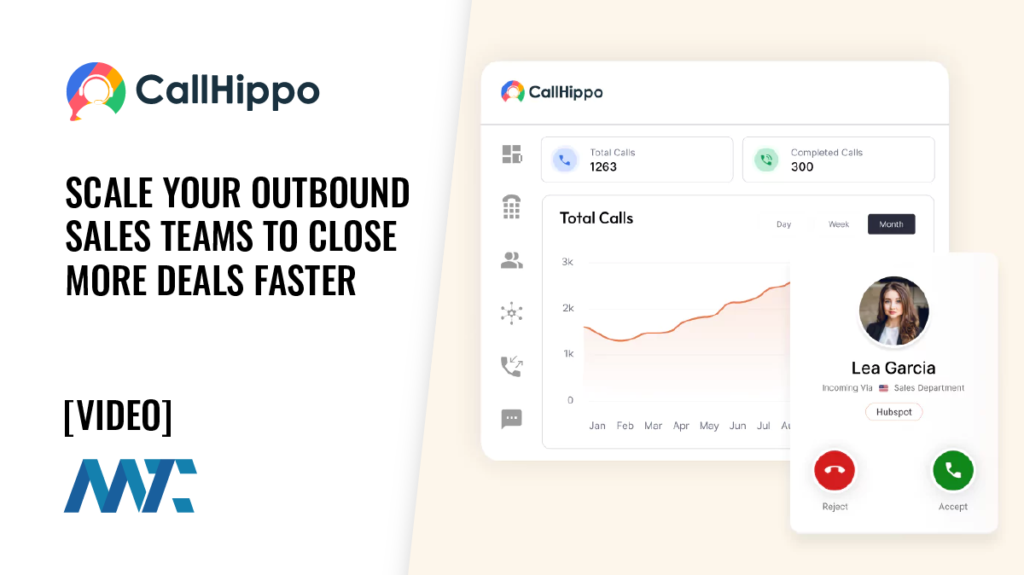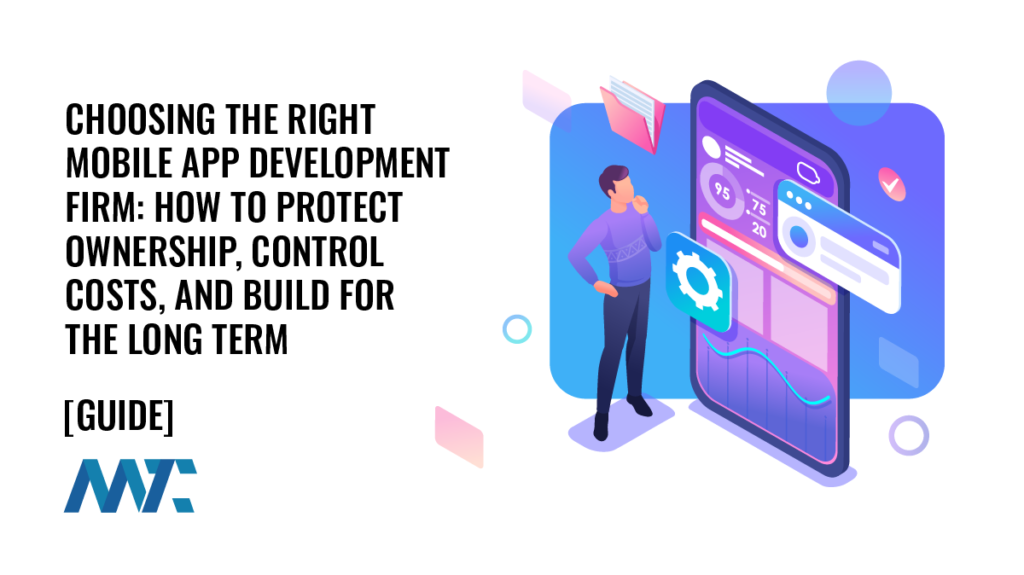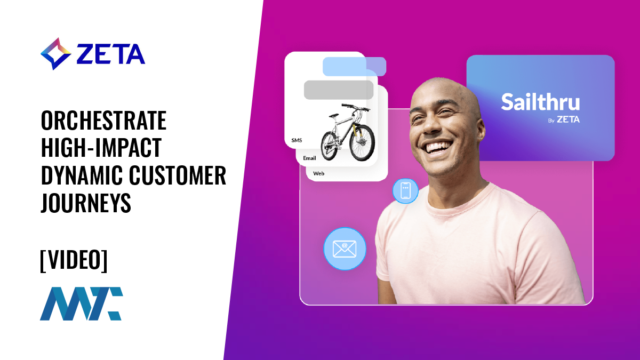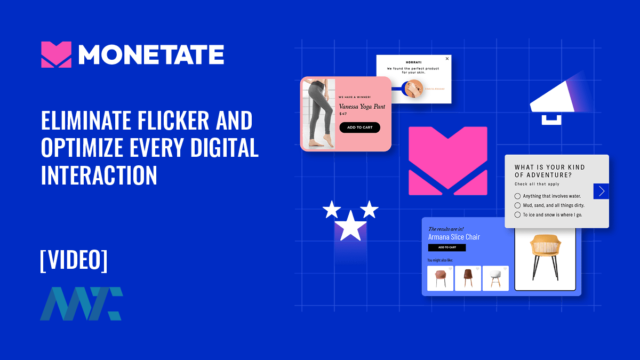Effective Ways to Publish an Android App on Google Play Store

Distributing an Android app through the Google Play Store is the most common and effective method to reach a global user base. With more than a billion active Android users worldwide, publishing on Google Play offers extensive visibility, discoverability, and accessibility for both independent developers and companies.
The process of submitting an app is relatively straightforward, but success requires attention to detail—from technical compliance to content presentation. This guide outlines the essential steps to prepare, upload, and manage your application on the Play Store.
As of early 2025, the Google Play Store offers approximately 1.8 million apps, following a significant cleanup from around 3.4 million in early 2024—nearly a 47% reduction aimed at improving overall app quality and safety
Android Central
Preparing Your App for Release
Before you publish your app, it must be thoroughly tested and optimized for performance. This stage is critical to avoid negative reviews and app removals due to crashes or usability issues.
- Test Across Devices and Environments: Use both emulators and real Android devices to evaluate your app. Testing on actual hardware provides a clearer understanding of real-world performance—such as battery usage, memory handling, and responsiveness across screen sizes and Android versions.
- Minimize App Size: App size has a direct impact on download rates, especially in markets with limited connectivity or storage. Aim to keep your APK or App Bundle under 50MB if possible. While the Play Store allows up to 100MB for APK files, larger apps require additional steps.
Google allows two APK Expansion Files of up to 2GB each for apps exceeding the 100MB limit. These are hosted on Google Cloud and downloaded alongside the app.
Technical and Legal Requirements
A number of technical components must be in place before you submit your app:
- Bundle ID and Versioning: Each Android app must include a unique Application ID (also called a Bundle ID), which distinguishes it on the Play Store. You’ll also assign a version code and version name—important for managing future updates.
- Digital Signing: Every app published to Google Play must be signed with a cryptographic key. This key, stored in a keystore file, ensures the authenticity and integrity of your app. You’ll need this same key for all future updates, so it must be stored securely.
- Licensing (Optional but Recommended): While not mandatory, licensing your app helps protect intellectual property and provides a mechanism to enforce distribution rights.
Creating a Google Play Developer Account
To publish apps on Google Play, you must create a developer account through the Google Play Console. The registration requires a one-time fee of $25. Once registered, you can publish and manage as many apps as you like.
Building Your App Listing
The store listing is what users see before downloading your app, and it plays a major role in discovery and conversion.
- Title and Description: Choose a title that’s clear, relevant, and easy to remember. Your description should highlight the app’s features, purpose, and benefits. Use keywords naturally to improve search visibility within the Play Store.
- Screenshots and Graphics: Upload high-resolution images that represent the core user experience. These visuals should clearly communicate what the app does and what users can expect. You may also include a promotional video hosted on YouTube.
- Category Selection: Select the appropriate category and type (e.g., application vs. game). Correct categorization helps users find your app and ensures it appears in relevant search and browsing results.
- Content Rating: Complete the content rating questionnaire honestly. This determines your app’s age-appropriateness and helps prevent accidental exposure of sensitive content to underage users.
- Privacy Policy: If your app collects personal data (such as location, email addresses, or usage behavior), you must include a privacy policy. The policy should explain what data is collected, how it’s used, and whether it is shared with third parties.
Uploading and Publishing
Once all the above elements are in place, you can submit your app for review:
- Create a New App in the Google Play Console and provide the required details, including your app’s name, language, and default settings.
- Upload the APK or App Bundle and set version information.
- Enter Store Listing Content, including title, description, graphics, and categorization.
- Set Pricing and Distribution Options, including countries of availability and free vs. paid status.
- Complete the Content Rating and ensure your app complies with Google’s developer policies.
- Review and Publish your app. Google will conduct an automated and manual review. Approval may take anywhere from a few hours to several days.
Post-Publication Considerations
Publishing the app is only the beginning. Ongoing maintenance and engagement determine long-term success.
- Monitor Feedback and Performance: Once your app is live, monitor crash reports, user reviews, and analytics through the Play Console. Use this information to release timely updates, fix bugs, and enhance usability.
- Update Frequently: Regular updates not only address bugs and security vulnerabilities but also signal to users and the Play Store algorithm that your app is actively maintained. This can help improve search rankings and discoverability.
- Promote Your App Strategically: Although beyond the scope of app publishing, promotion is essential for gaining traction. Consider using app store optimization (ASO), social media campaigns, influencer marketing, and even traditional PR to drive installs and engagement.
Final Thoughts
Publishing an Android app on Google Play is a structured but manageable process. By focusing on technical readiness, complying with Play Store policies, and crafting a compelling app listing, you increase the chances of your application standing out in a competitive marketplace.
Continued success requires listening to users, maintaining the app actively, and evolving based on real-world usage. With a thoughtful approach, the Play Store can be a powerful platform for reaching and retaining a global audience.







